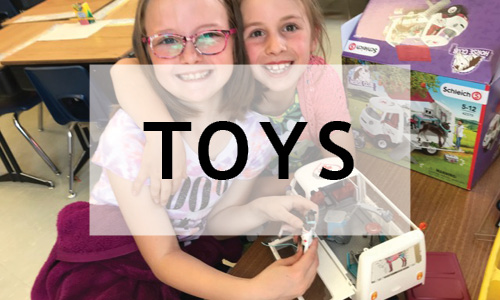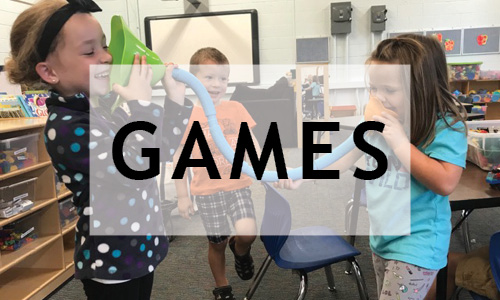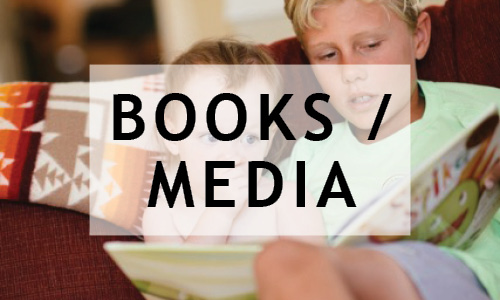Recently the National Early Literacy Panel (NELP) examined scientifically based research on what factors were influential in predicting literacy in children. They looked at what skills were taught before kindergarten that would contribute to successful readers when kids entered school. In examining the literature, the panel also determined what type of intervention was most effective in teaching early literacy skills to children.
Here is what they found, according to an article in Advance Magazine:
“Language Areas Related to Later Literacy Skills:
· Alphabet knowledge
· Phonological awareness (the ability to understand that words are made up of a sequence of sounds)
· Rapid automatic naming of letters and digits
· Rapid automatic naming of objects and colors
· Writing or writing name
· Phonological memory
Language Areas with Moderate Correlation to Later Literacy:
· Concepts about print
· Print knowledge
· Reading readiness
· Oral language
· Visual processing”
This information can be helpful in sharing with parents when they often ask how important it is for their 2 year-old to know his letters or what they can do to help prepare their child for reading. In addition, we as speech language therapists can incorporate these skills into our activities whose primary goals are to build speech and language.



